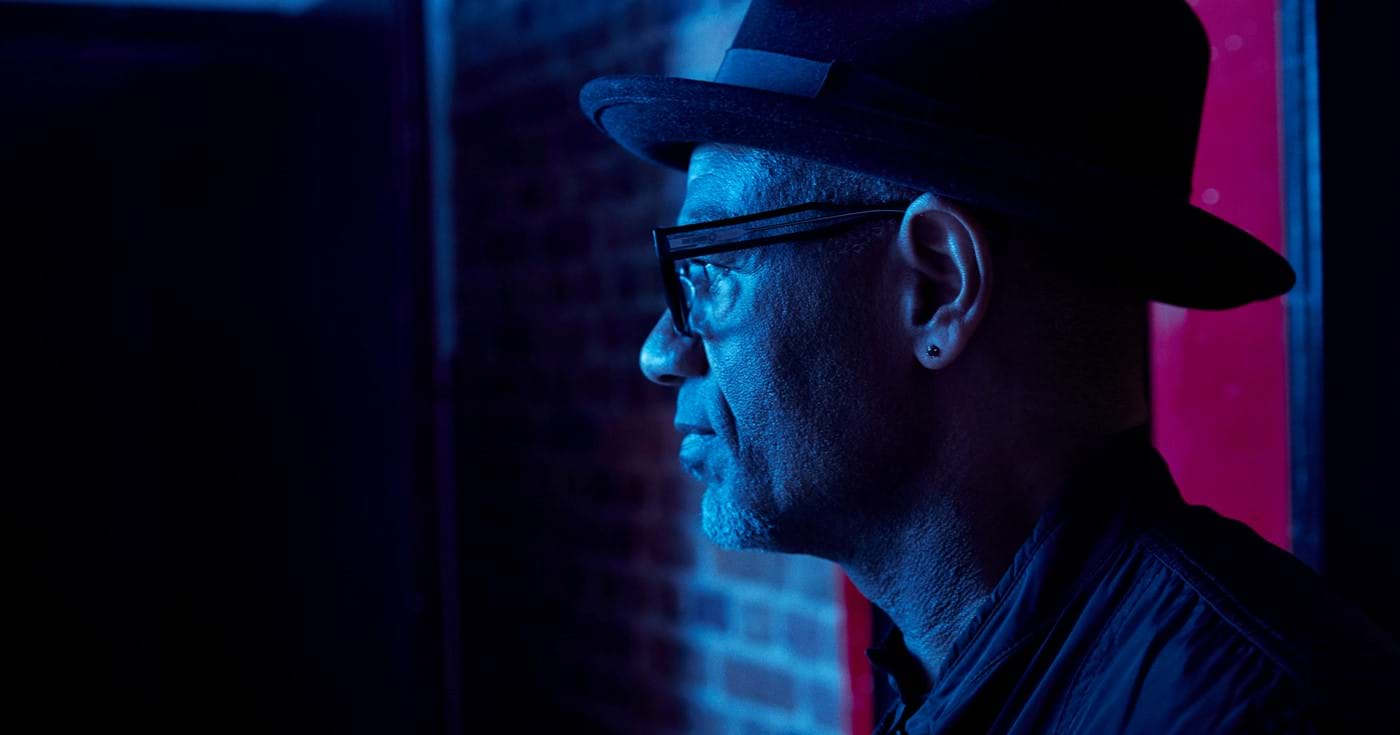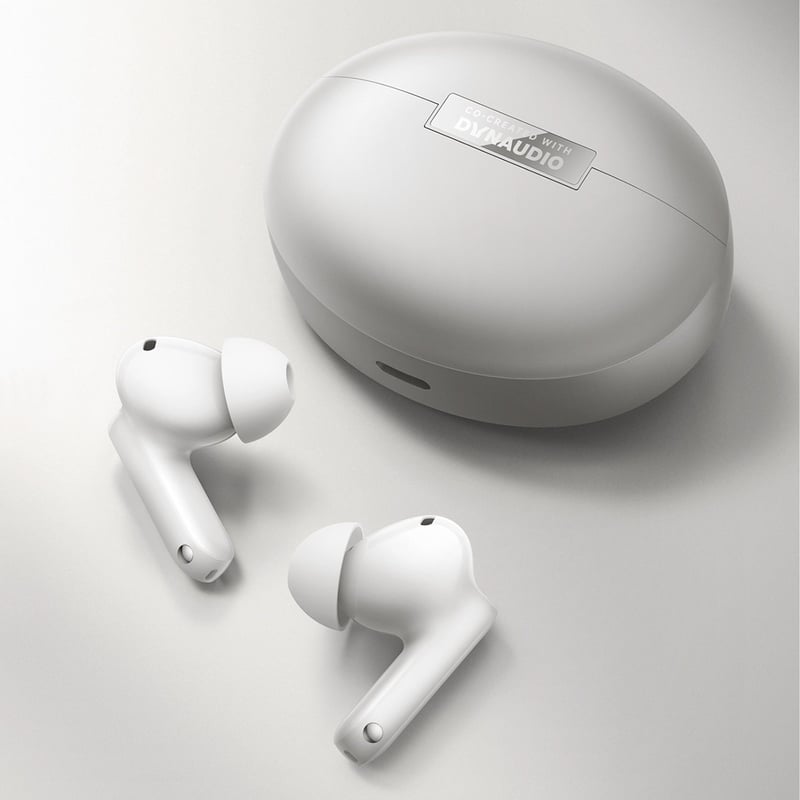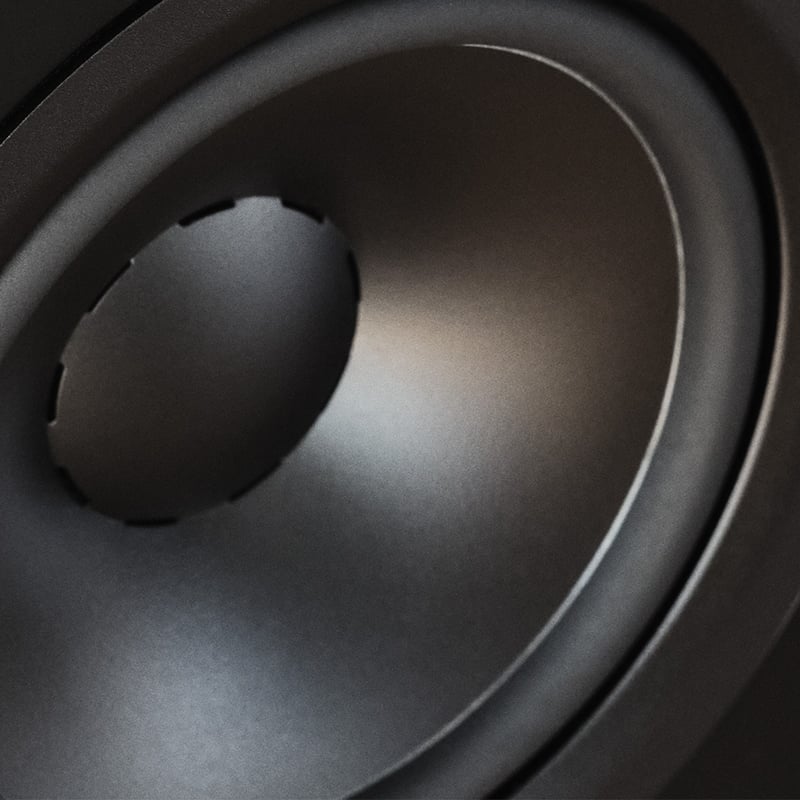For performers, the music industry is a universe of sweltering basements, vaulted concert halls and darkened jazz bars. There may even be sports arenas –filled with singing fans lighting the night sky with the glow of their smartphone screens – or festival fields where the muddied crowd seems to stretch off to meet the horizon. But before all that, before the illustrious auditoriums and gilded hotel suites and Instagrammed private jet interiors, there will have been something smaller and more modest. There will have been a childhood bedroom.
Practically every musician of any consequence will have started there; tapping along to the radio with a set of biro drumsticks, stripping skin from their fingers trying to replicate seemingly impossible guitar chords, inviting a parental bang on the door with the same trumpet scales played over and over and over. This early experimentation is the pilot light that can stoke and sustain an entire career. However, it is also generally followed by a separate, but equally crucial, phase. Once you have figured out how to bring forth those desired sounds from your instrument, the next impulse – the only impulse – is to play with other people. Musical talent may be singular or obstinate or maverick but it tends to be supported by the urge to share; the urge, literally, to band together.
Social security
We have heard the mythical band formation stories; we have heard about a 15-year-old budding drummer called Larry Mullen Jr pinning a ‘Musicians Wanted’ advert to the notice board at Mount Temple Comprehensive School in Dublin and assembling the group that would become U2 in his family kitchen. We have, in all likelihood, also heard the story of Led Zeppelin forming from the smouldering rubble of separate acts the Yardbirds and Band of Joy. Generally, we know how these unions happen. But why do they happen? Where does the urge to share these private sonic breakthroughs come from? What prompts this craving for collaborators and, ultimately, an audience? And where do soloists and lone, hermetic multi-instrumentalists fit into all of this?“
For me, the discovery of music on my own and the urge to play with others was simultaneous,” says Kirk Whalum, jazz saxophonist and member of all manner of duos, trios and groups throughout his 30-year career. “There was that discovery that came [from] sitting in a room, alone, late at night with some instruments. But also, Memphis [where Whalum was born and grew up] was a band town. It was about groups like the Bar-Kays, Booker T & the MGs and everything that was happening at Stax records. Form early on I was tuned into that and very much wanted to be in bands because it was the cool thing.
”There’s no quibbling with the fact that all of us, whether players or audience members, are socialised to see music as, well, something social. And in the pre-internet age, this was even more true of budding post-war musicians who traded notes on how to self-build reliable guitars and saw collaboration and communion as indivisible from musical creativity. “There would be skiffle bands on every street,” is how The Who frontman Roger Daltrey vividly explained his 1950s London childhood, during a 2018 interview on Marc Maron’s WTFpodcast. “Some were good, some were not very good. But every pub you went past on a Saturday there’d be someone on a piano and all these old-fashioned Cockney songs coming out. Something wonderful happens when you sing. We know now that when a choir sings together, their heartbeats go down to the same rhythm. It’s metaphysical.”
Group therapy
This idea of physiological synchronicity between groups of players may seem romantic but there is scientific evidence to back it up. And it goes beyond heartbeats. In 2012, researchers working at the Max Planck Institute for Human Development fitted electrodes onto groups of duetting guitarists and found that brain activity aligned whenever the players needed to keep in time, even if they were not strumming the exact same notes. Music, it’s clear, has the power to knit two separate consciousnesses together.
But it is also more than brain chemistry. There is something that drives musicians – particularly in a live setting – to hunt down the feeling that comes from locking in, being in time, being a unit. It’s the reason why Prince, before his death in 2016, would tour relentlessly, ripping through towns with smash and grab gigs where his band could reportedly cherry-pick from a catalogue of around 300 rehearsed songs. It’s why, during a 2015 Foo Fighters gig, Dave Grohl didn’t let an inconvenience like a broken leg get in the way of him finishing the set (“I may not be able to walk or run but I can still play guitar and scream,” he said, after re-emerging on a stretcher to triumphant cheers).
“Music is a very interactive medium,” says Tal-Chen Rabinowitch, a musical educator and concert flautist who has comprehensively researched the social benefits of playing music in groups. “Greek philosophers talked about its ability to build the soul and structure the mind. It’s something that we have been using to communicate for such a long time.” Playing bonds people in ways that they can’t fully articulate. In fact, when infighting, jealousy and squabbles inevitably test the bond between successful musical groups it is no accident that the stage can often become something of a sanctuary. Just see the 1980 Eagles show when feuding members Don Felder and Glenn Frey called a momentary truce for the length of their set. As Frey remembered: “We’re out there singing Best of My Love but inside both of us are thinking, ‘As soon as this is over I’m gonna kill him.’"
Rabinowitch led a year-long research study – published in 2012 – that found group music sessions significantly boosted empathy and compassion in a sample of 8-to 11-year-olds. And so it’s not the biggest leap to suggest that we are seeking out these soul-nourishing benefits, even if we are merely buying tickets and taking our place in the crowd. “You feel that connection as part of the audience and you merge with it,” says Rabinowitch. “I don’t have a scientific answer for it, but it is something we all recognise.”
A musical compulsion
But where does that leave the determined soloists of the music world? The Leonard Cohens and Aphex Twins and Nigel Kennedys who appear to doggedly plough a lone furrow across the course of their careers? Is music’s traditional pack mentality only compatible with certain personalities? “I think when people make a decision that playing music is a career-path, or that they want to become a soloist, it can become something very different for them,” suggests Rabinowitch. “It can be something you need to do very precisely, at a certain level. It’s no longer about that raw interactive impulse or about having fun and communicating with other people.”
Rabinowitch’s work with children is undoubtedly colouring her view, here, but it’s an important point. One of the functions of teaming up to create music or perform it for gathered strangers is to nurture the childish thrill of it. It is a way to stop it feeling like work, even when it is literally how you pay the bills. As Whalum says: “Wearing the same outfits, playing with your friends; there’s nothing like it.” Uniting to make noise awakens mischief and experimentation and youthful abandon. They do not call it ‘playing’ for nothing.
Sign up to get more great articles
Nothing compares to the satisfaction of knowing – for a fact – that something is as good as it gets







